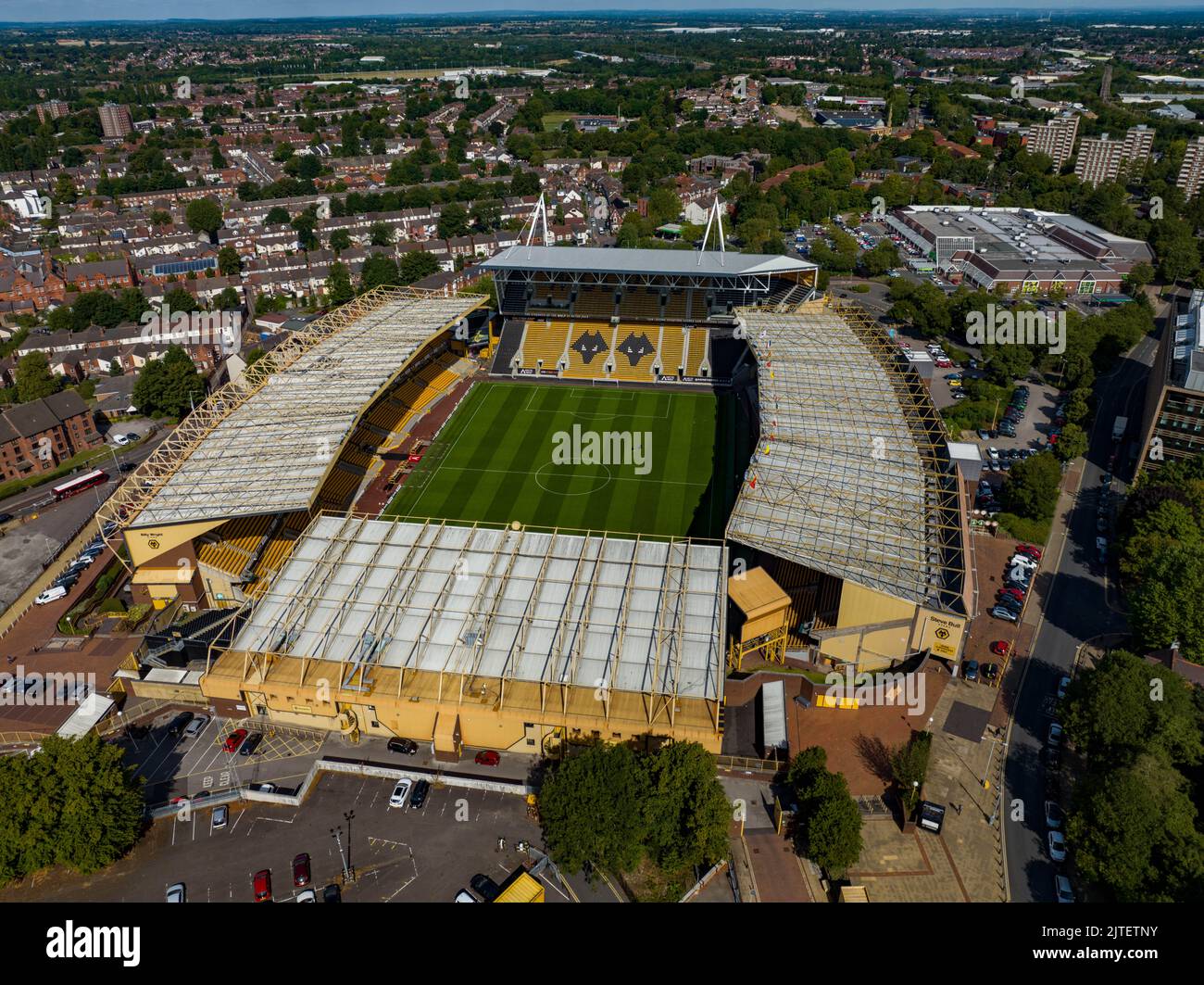
Introduction
Nicosia, the capital city of Cyprus, holds a unique position as the last divided capital in Europe. Its significance goes beyond politics; it is a vibrant hub of culture, history, and economic activity. Understanding Nicosia is crucial not only for those interested in Cypriot heritage but also for international observers looking at geopolitical dynamics in the region.
A Brief Historical Overview
The history of Nicosia dates back to the Bronze Age, and it has served as a critical crossroads of cultures for centuries. In the late 20th century, the city experienced a pivotal change when it became divided in 1974 following the Turkish invasion. Today, the Green Line, heavily fortified and monitored by the United Nations, separates the Greek Cypriot south from the Turkish Cypriot north, making the city a remarkable case study in urban division and reconciliation.
Modern Nicosia: A Blend of Cultures
In the contemporary context, Nicosia offers a rich tapestry of cultural experiences. The city is home to significant landmarks such as the Selimiye Mosque, which was once a Gothic cathedral, and the Cyprus Museum, which showcases an impressive collection of antiquities. Moreover, Nicosia celebrates its multicultural influences through various festivals, culinary delights, and art exhibitions, making it an attractive spot for tourists and residents alike.
Recent Developments
In recent months, Nicosia has made headlines with plans to further enhance its status as a central hub in the Eastern Mediterranean. The inauguration of new cultural sites and enhancement of infrastructure are part of efforts to boost tourism in the wake of the COVID-19 pandemic. Local government and international agencies are significantly investing in projects aimed at bridging the divide, restoring historical sites, and promoting peace and unity within the city.
Conclusion
Nicosia encapsulates both the challenges and hopes of Cypriots. As diplomatic efforts evolve and the potential for reunification continues to be discussed, Nicosia remains a focal point for understanding conflict and cooperation. For residents, visitors, and international observers, engaging with Nicosia is a chance to witness the resilience of its people and the beauty of its culture. The ongoing transformations in this historic capital in the coming years will undoubtedly draw even more attention to this exceptional city.
You may also like

Discovering the Beauty and Culture of Norway

Exploring Monmouth: History, Attractions and Community

Exploring Wolverhampton: A Gateway to Culture and History
SEARCH
LAST NEWS
- Remembering Wendy Richard: The Promise to Co-Star Natalie Cassidy
- How Did Anglian Water Achieve an ‘Essentials’ Rating for Mental Health Accessibility?
- Shai Hope Leads West Indies in T20 World Cup Clash Against South Africa
- What We Know About Weston McKennie: Future at Juventus and Past at Leeds
- What We Know About the Upcoming Live Nation Antitrust Trial